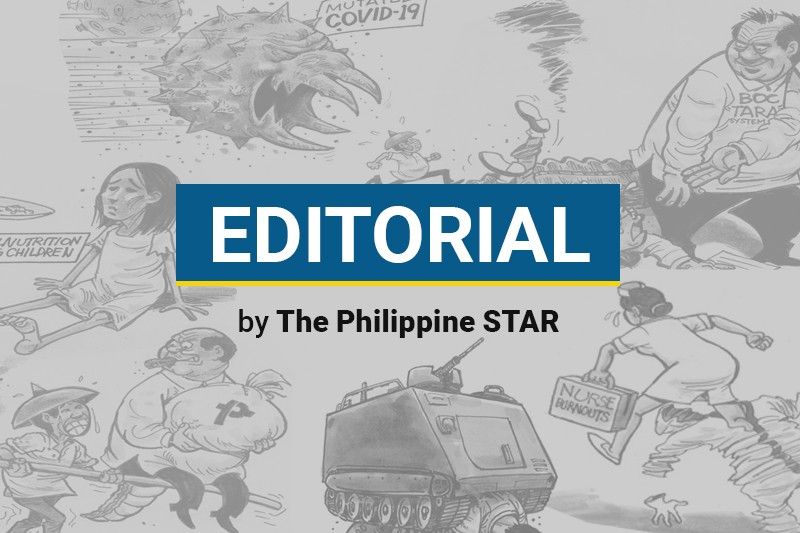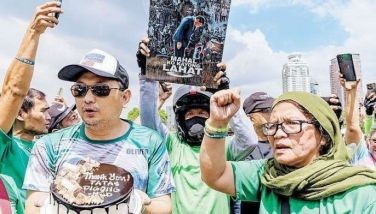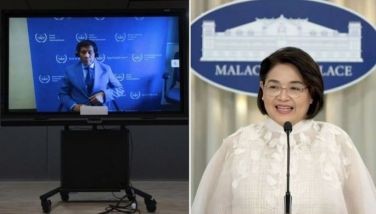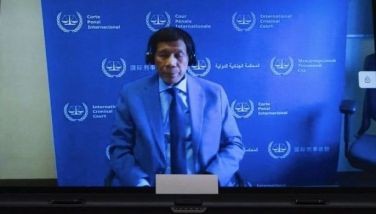EDITORIAL - Beyond folk medicine

In rural areas, residents have long been familiar with the use of certain herbs for medicinal purposes. Local scientists have taken note of this folk medicine and have been conducting research on the most commonly used herbal treatments.
Filipinos are familiar with the use of lagundi for cough, ampalaya and “insulin plant” to bring down blood sugar, sambong for fever, banaba for kidney problems and tawa-tawa to ease dengue symptoms. At the height of the pandemic, the Department of Science and Technology funded research and testing carried out alongside the Philippine General Hospital for the use of virgin coconut oil in speeding up recovery from COVID-19.
All COVID restrictions have now been lifted and the original virus has mutated so much that new vaccines are being developed for them. Yet there is still no definitive word on the efficacy of virgin coconut oil against COVID. And products developed from the other alternative or folk treatments have not gone beyond food supplements and herbal teas.
Today, the Department of Health is reportedly eyeing tawa-tawa, a common weed, as supplemental treatment for dengue. The DOH had previously reminded the public that tawa-tawa tablets available in the market, while registered with the Food and Drug Administration, still had no approved therapeutic claims.
In other countries with advanced technologies and significant resources invested in research and development, the promise shown by these plants and coconut oil would have been subjected to more intensive studies for the development of peer-reviewed medicine.
Apart from limited support for R&D, however, the Philippines also continues to suffer from a brain drain in science and technology. Replacing those who have settled overseas has been slow, and becomes more challenging amid the deterioration in the quality of Philippine education.
This school year, a reworked basic education curriculum is giving more emphasis on mathematics and science, while also addressing the weakness in reading comprehension that was shown in tests conducted among 10-year-old Filipino students. The results of the tweaked curriculum will become evident only after several years.
The government need not wait, however, to increase funding for R&D and other scientific pursuits. Other countries are pouring resources into scientific and technological innovation and supporting private start-ups. With limited resources, the country can focus on medical R&D. A robust domestic pharmaceutical industry can bring down the cost of medical treatment for Filipinos, and bring the promise of universal health care within closer reach.
- Latest
- Trending






























